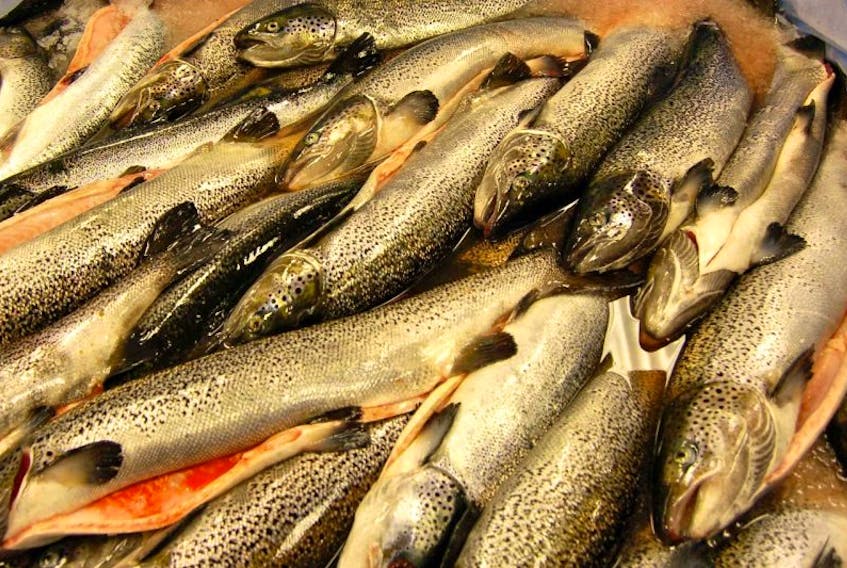
According to Grand Falls-Windsor-Buchans MHA Al Hawkins there is a bright future for young people in this industry over the coming years.
If you are unsure what aquaculture is a quick Google search will tell you it is the rearing of aquatic animals or the cultivation of aquatic plants for food. In Newfoundland particularly the interest is in the cultivation of salmon and mussel farming.
Jobs within this industry range from highly technical jobs where people would need a high quality of expertise in the area and with increased production there will be opportunities in processing, “there is a whole gamut of opportunities in that industry,” Hawkins told The Advertiser.
The aquaculture industry particularly in St. Albans and Harbour Breton has really revitalized that area of the province and there has been significant growth, Hawkins explained.
St. Albans boasts a state of the art and very sophisticated laboratory.
“For the sustainability of these communities we’ve got to look at the opportunities and where we can increase the work opportunities for people to say,” said Hawkins.
In commercial salmon production the present capacity sits somewhere around 25,000 metric tones, which will increase over the next little while to 50,000 metric tones.
“In the next couple of years we’re going to double that capacity,” Hawkins said.
The same growth will happen with mussels, right now the number sits somewhere around 3,000 metric tones, Hawkins said, and that number will grow to 10,750 metric tones.
Achieving these targets would mean more than double the current number of year-round jobs supported by aquaculture to approximately 2,100.
“That is a significant growth rate, we’re doubling the capacity and doubling the number of people working in the industry,” Hawkins added.
“One of the challenges for me as Minister responsible for Labor and also for Advanced Education and Skills is that I’ve got to look at some of the challenges that some of these communities are facing in that you know there may be a shortage in work force, so part of my responsibility is to make sure that we do have adequate number of people that will be able to fill these positions,” he said.
Immigration is also a part of Hawkins mandate, meaning if there is not a sufficient number of people to fill the positions that become available the government will look at immigration, and there is a strategy in place for that, according to Hawkins.
“We are engaging people and we are engaging young people and there are opportunities for some of our international students that come into Newfoundland and Labrador to find employment opportunities and to work here and contribute to our economy as well,” he said.









